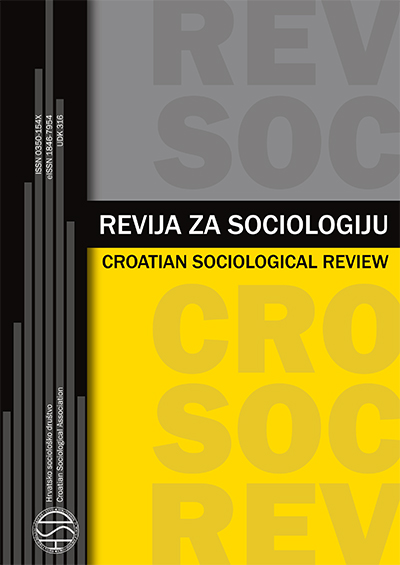Reconstructing Identifications With the Place of Origin in Post-Migrant Communities – the Case of Lower Silesia, Seventy Years After Migration
Keywords:
post-migrant communities, place identification, place of origin, Polish Western and Northern Territories, Lower SilesiaAbstract
As a result of the border shift after the Second World War, people belonging to different national, ethnic, and regional groups settled in Lower Silesia, although Poland was portrayed in propaganda as a mono-ethnic state until the political transformation in 1989. This article examines present types of identification related to the place of origin of the oldest inhabitants of Lower Silesia: persons who were resettled from presentday Belarus and Ukraine, re-emigrants from Bosnia and France, settlers from diverse regions of Central Poland, and deportees from Russia and Kazakhstan. The presence of
these identifications in the contemporary public sphere is then discussed. The article’s results are based on computer-assisted qualitative analysis of in-depth, biographically oriented interviews. They show how the social reconstruction of identifications with the place of origin has become institutionalised and examine the treatment of selected once-
Polish regional or migratory groups as separate ethnic groups in a multicultural society. The paper demonstrates the distinctiveness of settlers from Central Poland compared to other categories in terms of defining their ties with their place of origin and their visibility in public space.
Downloads
Published
How to Cite
Issue
Section
License
Copyright (c) 2024 Jacek Kubera

This work is licensed under a Creative Commons Attribution 4.0 International License.
The author (or authors) is the copyright holder and retains all publishing rights. By giving consent for publication, authors delegate the right of first publication in print and in electronic format to the journal.
Croatian Sociological Review is an open access journal. In accordance with the BOAI definition of open access, all content is freely available without charge to the user. Users are allowed to read, download, copy, distribute, print, search or link to the full texts of the articles in the journal without asking prior permission from the publisher or the author. Croatian Sociological Review applies the CC BY license.
![]()

 Official journal of the
Official journal of the  Follow @CroSocReview
Follow @CroSocReview
